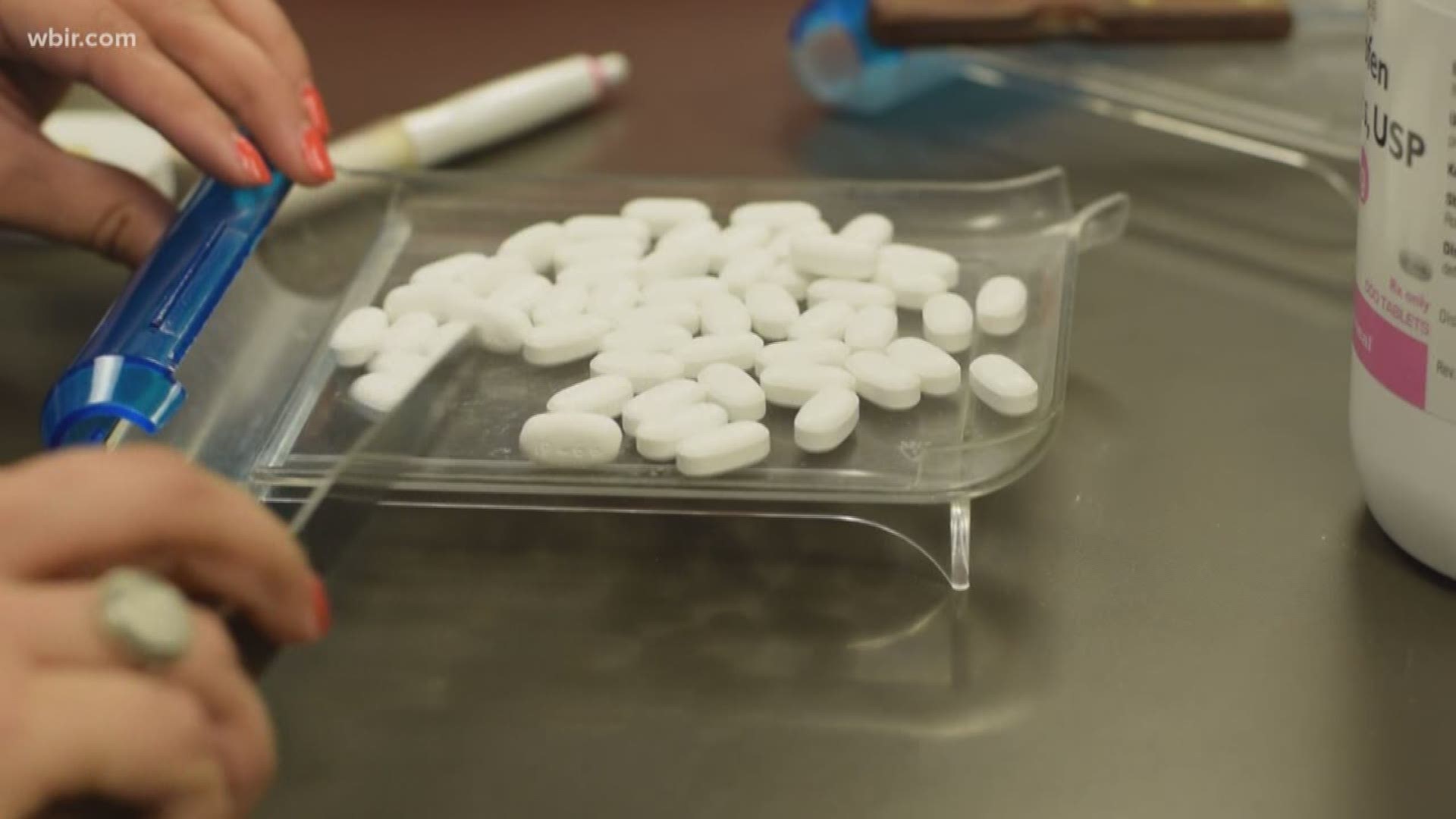Tennessee is now one of six states suing the company that made and marketed Oxycontin on the basis that it violated consumer safety laws and settlement agreements from previous lawsuits.
Senator Richard Briggs is a practicing cardiac surgeon and has seen first hand how the pharmaceutical industry has changed.
"This was marketed as a miracle drug. It was being marketed as being non-addicting, it was safe and it could be used on these patients that were very difficult to take care of," Briggs said.
Briggs still has a bucket hat and CD that marketers used to promote the pill to doctors.
"Direct pharmaceutical marketing to physicians, it hasn't completely disappeared, but it just about has disappeared and as everyone knows that watches television every night, the pharmaceutical companies have found that marketing directly to patients... is more effective than trying to come to the physicians' offices, so that's where they're spending their money these days," Briggs said.
In 2007, Purdue Pharma paid around $300 million in fines and three executives in the company pleaded guilty misbranding. Briggs says another result of that lawsuit is that the company stopped marketed the medication as 'nonaddicting,'
The lawsuit claims that Purdue Pharma violated those settlement terms and the Tennessee Consumer Protection Act.
Briggs encouraged Attorney General Herbert Slatery to bring the suit, but says it is only one piece of the puzzle to resolve the opioid crisis.
"One thing is not going to change it, but it's going to take a multifaceted approach to this epidemic that's just ravaging our state," Briggs said.
The CDC says only 15 percent percent of people who abuse prescription pain pills buy them from a drug dealer.
Most get them from friends and family, so leaders say keeping excess pills out of medicine cabinets is critical.
However, Briggs says it is important to ensure that people living with chronic pain receive the treatment they need.

